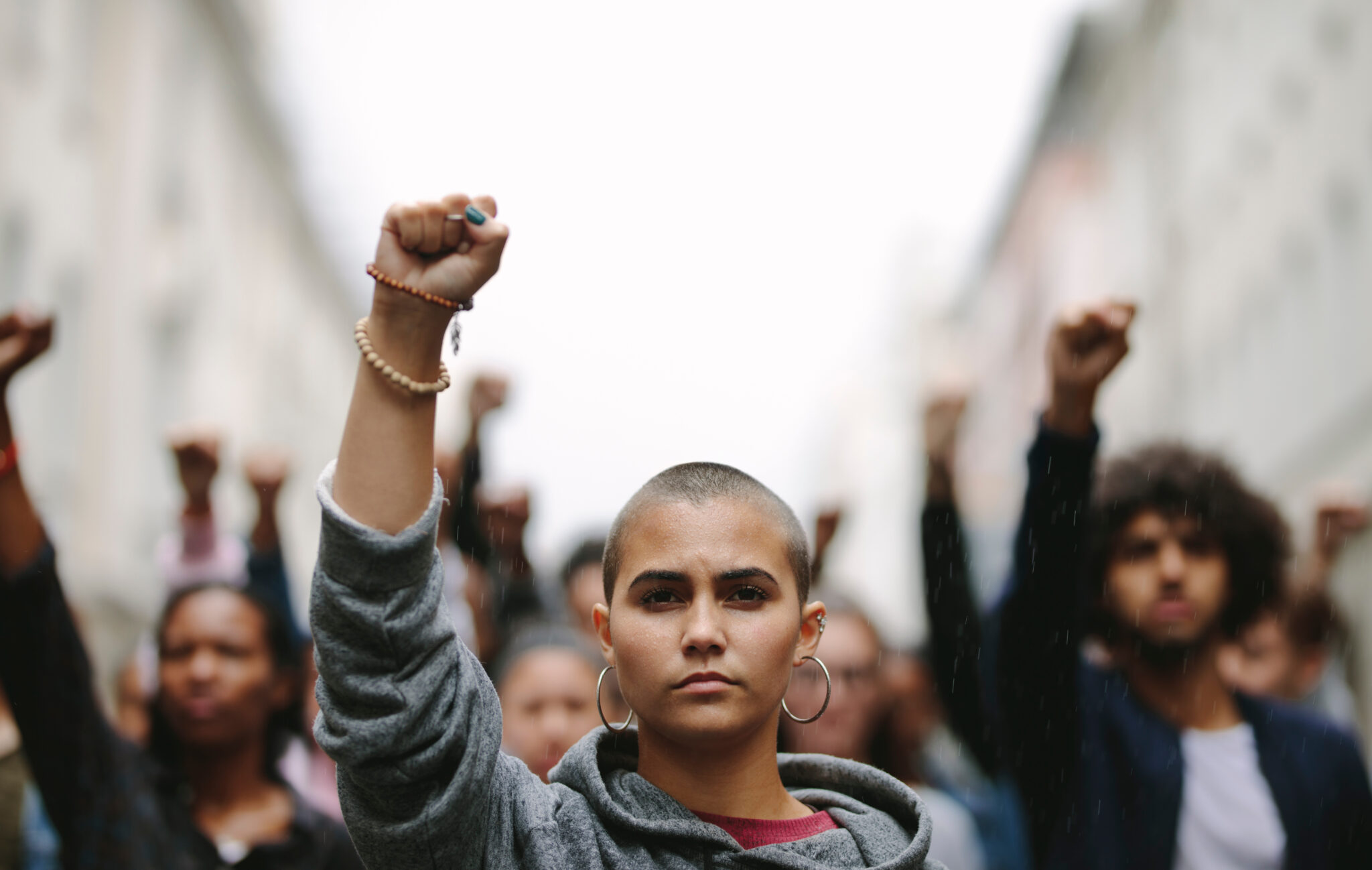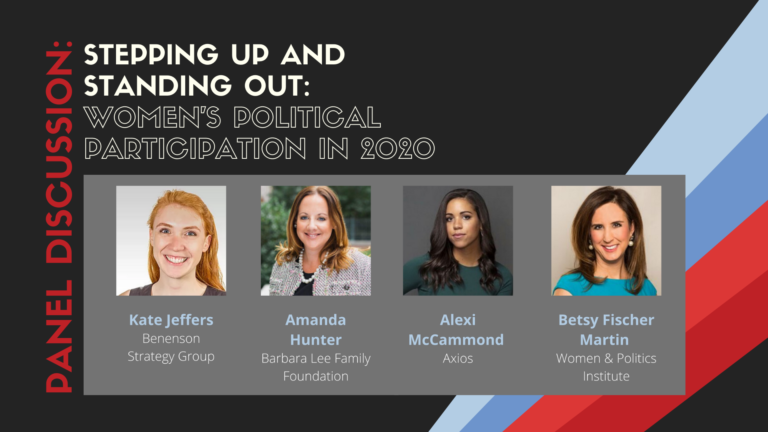Black women are woefully underrepresented across all levels of government - check out the…
Gen Z’s Political Engagement

Recent elections signal a possible shift in the historic tendency for low turnout among young voters and highlight the significant impact young people can have on the democratic process. By 2024 Millennials and Gen Z will make up 40% of the American electorate, so we need to pay attention to their voices. To amplify the contributions Gen Z made in the midterms All In Together recently hosted Rising Voices in Atlanta, bringing together Gen Z panelists Ariana Jasmine, Lupita Quezada, and Rhea Wunsch to discuss the successes, challenges, and required changes to ensure young voters continue to stay active in America’s democracy.
Each of the panelists echoed similar frustrations about the world Gen Z is inheriting regarding climate change, inflation, and social issues, but each believes this generation is passionate about standing up for issues that matter to them. Research from She Should Run notes that Gen Z is motivated by issues rather than ideology. “Young people are the future,” Jasmine said. “They are showing that they are fed up, they are showing up even if they aren’t old enough to vote…the younger generation is ready to fight.” Jasmine’s advocacy focuses on social media outreach to Gen Z, engaging them across a wide range of topics and campaigns. Social media outreach continues to be the best way to reach younger voters, as found in an All In Together poll, with 39% of 18-34-year-old women sharing election information on social media ahead of the recent midterms, the highest percentage of any of the actions we polled. Even as Jasmine’s audience increases she states the concerns of Gen Z remain consistent. “They understand that the direction that we’re going is completely unsustainable, and I fully believe they are going to change the future of America,” Jasmine said.
To ensure Gen Z can create that change, Lupita Quezada emphasized the importance of being intentional in the involvement of Gen Z in our democratic process. “We have to make space for them, we have to be willing to let them take up space and make that space accessible,” Quezada said. In her work as an advocate for the Latinx community in Georgia, Quezada has seen the barriers that transportation, financial resources, and general security can pose to a person’s involvement in democracy. “We have to meet people where they’re at,” Quezada said. Related, a new poll from Gender on the Ballot found that 47% of 18-25-year-old women are either struggling to make ends meet or drowning financially – suggesting that financial resources could be an especially high barrier to Gen Z involvement in politics.
A recent All In Together memo highlights how young people aren’t being reached by larger national political organizations, and are missing major political events. But Wunsch, who started her activism as a high school senior, doesn’t believe that stops Gen Z from being involved. “Young people are making the effort themselves to involve each other,” Wunsch said. She pointed to a recent push to stop a Don’t Say Gay Bill in the Georgia legislature. “It got tabled until next year because of young people,” Wunch said. “At the end of the day, we don’t need our representatives to bring us into a conversation because we’ve learned ourselves how to force our way into those conversations.”
As more young people reach voting age the importance of their voices can’t be understated. “Their vote truly matters, we saw waves of Gen Z come out across the country and change the trajectory of what we thought the midterms would be,” Jasmine said. According to Pew Research, Gen Z and Millennials are scheduled to become the majority of the American electorate later this decade. Which could leave politicians, PACs, and corporations alike all needing to rethink their strategies to earn Gen Z’s trust and maintain their support.






